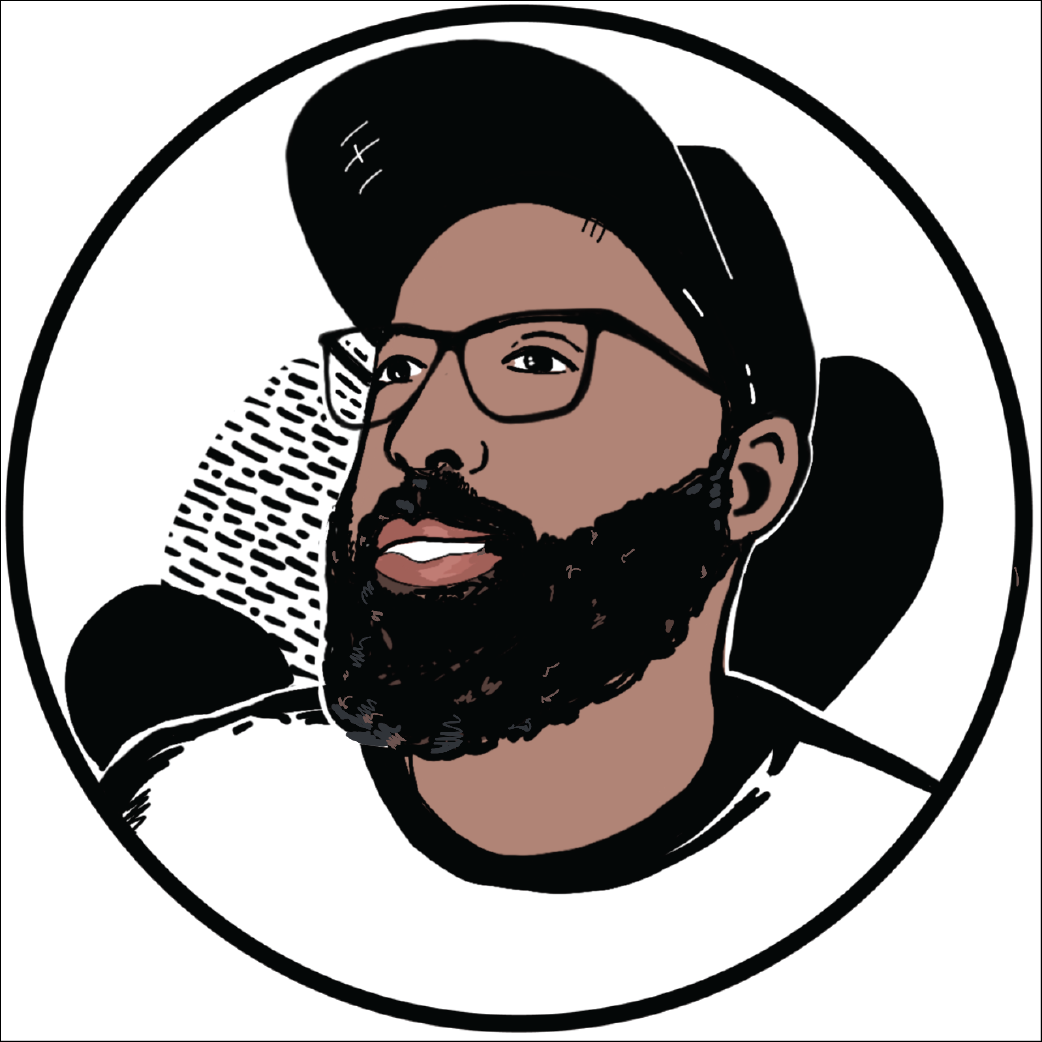“If you derive your sense of identity from being a victim, let's say, bad things were done to you when you were a child. And you develop a sense of self that is based on the bad things that happened to you.”
Eckhart Tolle
The first time I heard the story of Annie “Bee Momma” Ervin and Howard “Buster” Finley, the lineage of my family failed all reasoning I had built up to think I knew about the person I am because of the people they were. Due in part, to the lives my great-grandparents lived.
Life is all about the setup. How you were parented takes up the most acreage amongst all the spaces and places we travel later in life. As the bearers of good or bad fortunes of the ones who came before us, we become a concierge of attitudes and afflictions. The older we get, we realize how much we’re like our mom or dad or grandparents or that one crazy uncle. We are our ancestors.
Not too long ago. I learned my great-grandfather—my grandfather’s father—had regularly and illegally transported bootlegged corn-liquor to New York from Catawba, South Carolina. In the same township, a brothel was managed by Bee Momma, my great-grandmother—my grandmother’s mother—the community’s madame. I couldn’t understand how I came from that.
For my grandparents, it was one hell of an origin story for generational upward mobility.I can’t encompass the reality of my great-grandparents being cut from that cloth. Yet, as the family lineage spawned from Bee Momma and Buster, fate saw me become an award-winning journalist. The Lord sure has a sense of humor that makes me struggle to find the connection of how it came to be, and I came to be me. All I can do is laugh about it.
We are our ancestors, for better or worse. Their memories—like ours—let us know who we are. Stories remind us.
Like our parents, the world can raise us, too, rounding out ancestral influences with social ones. On the lineal front, the disconnection of understanding within our DNA is common. Despite that fact, those beacons of understanding, again and again, pose themselves as an afar concept—even though they’re readily available for our personal growth, lying In the hearts and minds of our family. Simultaneously creating an even larger gap of enlightenment, as our kinsfolk knowingly or not, suffer from the inattentive nature of their own self identity.
The enigmatic idea of family and fatherhood from ancestral short-comings has required me to make at-present decryptions to the memoir of my lived experiences—boosting the welfare of my ability to be omnipresent in fatherhood, friendship and matrimony. My existence within all, has little to do with me. I’m a mere remnant of the generational reactions to life’s barriers—mixed with geography, culture and my divine configuration of curiosity. One hand washes the other, and I couldn’t be more grateful.
The legacy of my family doesn’t begin with Annie and Buster, obviously. Buster’s parents and grandparents were born just before and during the oppressive system of slavery. Research shows the Finley’s relocated to Catawba from Clio, South Carolina around 1890. Unknowingly to me, 105 years later I taught English and coached football at the town’s local high school in Marlboro County. A calling I’ve come to understand 17 years later—after I left the high school for the big city of Washington, D.C.
The reality of Bee Momma and Buster becoming a brothel madam and bootlegger actually should give little pause, thanks to the racial climate in the rural South, especially back then. Jim Crow laws didn’t afford many opportunities outside of sharecropping. A formal education still hadn’t been introduced as a viable escape from economic and social bondage.
The sexual exploitation of women and illegal “hooch” running comes a hair shy of virtuous anticipation for a better life beyond what was possible at the time. Hearing stories from my mother of life as a sharecropper now seems unfathomable. Acts of desperation linked to systemic modes of oppression and expressed through economics creates a reality in my ancestry that makes it embarrassing to say, “I understand why.” There’s a recklessness that I think I can see when I hear about people who “ran women and liquor,” but it was normal for my grandparents who were just looking to survive, maybe thrive. Alcohol was a precursor to my existence. I’m a descendent of those people and their choices, but I can see what they offered me through sacrifice.
Because of beer, I’ve traveled Europe, shared insights with industry pros, started homebrewing (and won some awards), and met hundreds of people who’ve impacted my life in fractions and uncountable ways. Maybe my disposition had already been determined.
If you ask me, parenting, marriage, and friendship only become prosperous components through honesty, during the deconstruction of my own upbringing. As much as I love my family, I’m trying to prune some twigs from my family tree as a way of reflecting and growing on what’s brought me to who I am today. It’s not about losing connections, but trimming past trauma and assumptions to show the beauty of what I can share with my own child. Unlearning how I was parented could potentially set him up with a competence that will benefit his connections and communication with others.
Still and all, we descend from pimps and hustlers, You’ve got to be shittin’ me.



